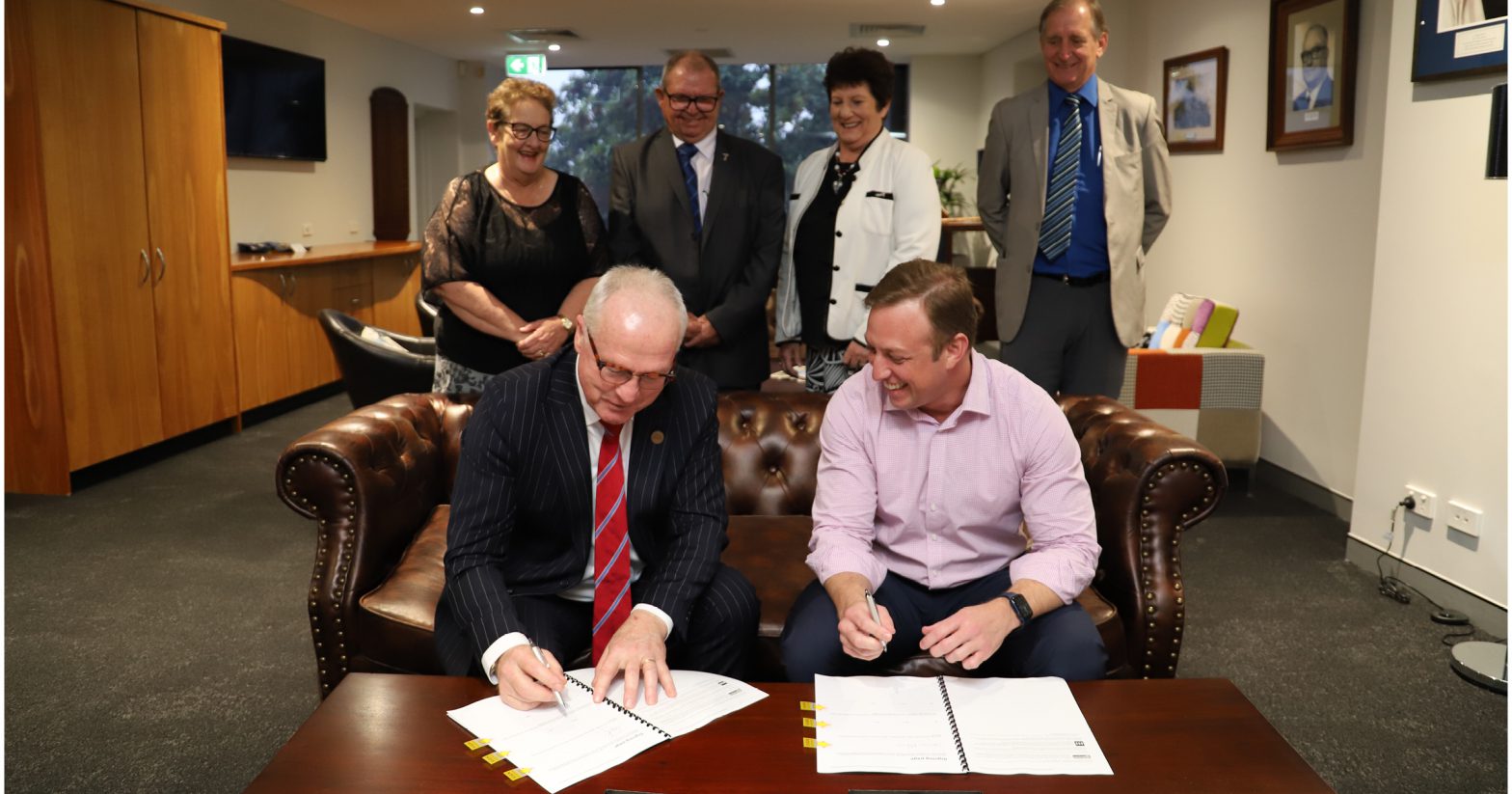Queensland’s Deputy Premier and Minister for Local Government, Steven Miles and Local Government Association of Queensland (LGAQ) President, Mayor Mark Jamieson signed the Rural and Remote Councils Compact last Friday, pledging to amplify the voice of these communities on the State Government stage.
The compact aims to improve outcomes for the state’s 45 rural and remote councils and their local communities by enhancing engagement between both levels of government.
It will initially focus on three key issues of importance to these councils: financial sustainability, roads and housing.
Deputy Premier Miles said the Queensland Government was committed to working with councils to better address the challenges facing rural and remote communities.
“This Compact will improve the focus on our rural and remote councils and ensure they have a louder voice for the Government to hear. I am looking forward to seeing the benefits it can deliver for those communities.”
Mayor Jamieson said the signing of the Compact represented a critical first step in improving the lot of rural and remote Queensland communities.
“The Rural and Remote Councils Compact aims to ensure the realities facing these communities – like small populations, funding and policy uncertainty and the tyranny of distance – are better understood by State Government decision-makers so future policies can be better tailored to meet their needs.
“The key issues facing these councils right now include financial sustainability, roads and housing so it is only right that addressing these issues be the initial focus of the Compact.
“I want to thank the Deputy Premier and the Queensland Government for working with the LGAQ and our member councils to make this Compact a reality.”
Mayor Jamieson gave special thanks to the five rural and remote mayors and councillors from the Flinders, Cook, Diamantina and Balonne Shires, and Western Downs Regional Council, for serving as guardians of the Compact.
“These five community champions have been instrumental in shaping this Compact and ensuring it focusses on the areas of most importance to the communities it is designed to assist.”

















